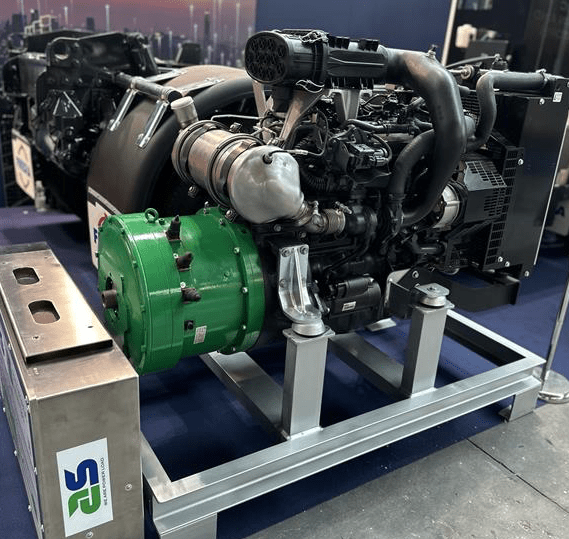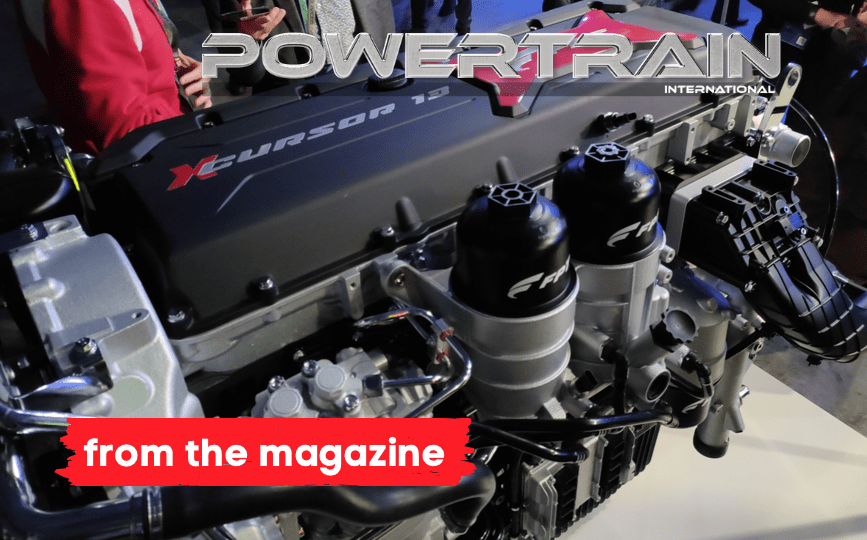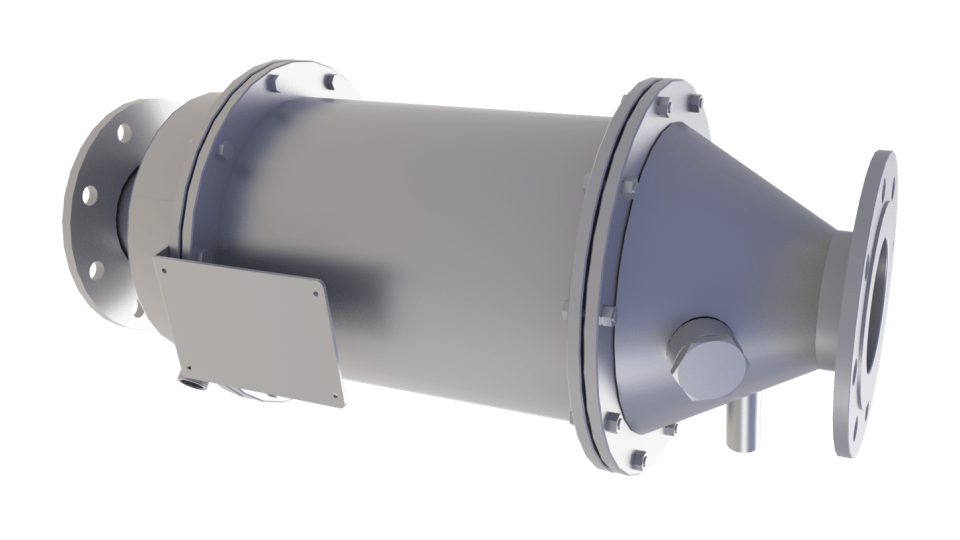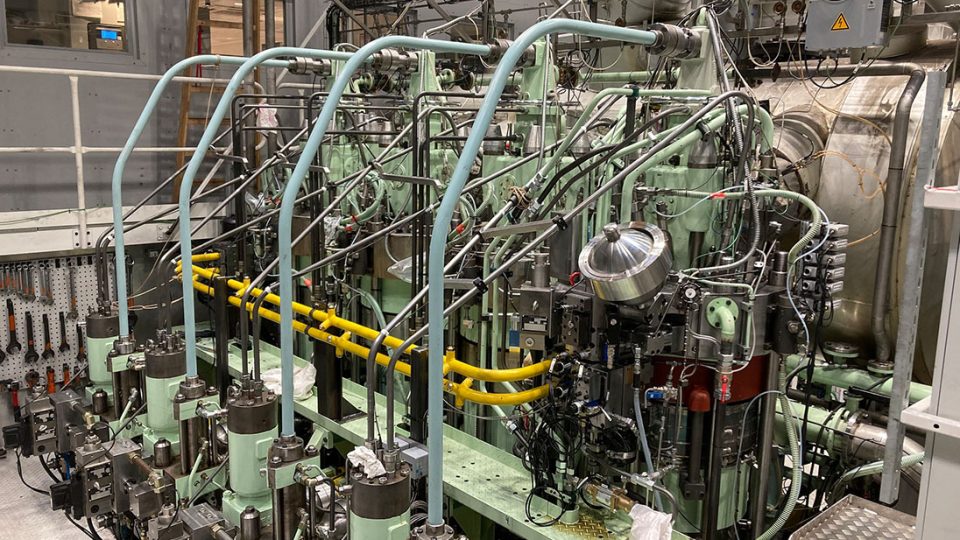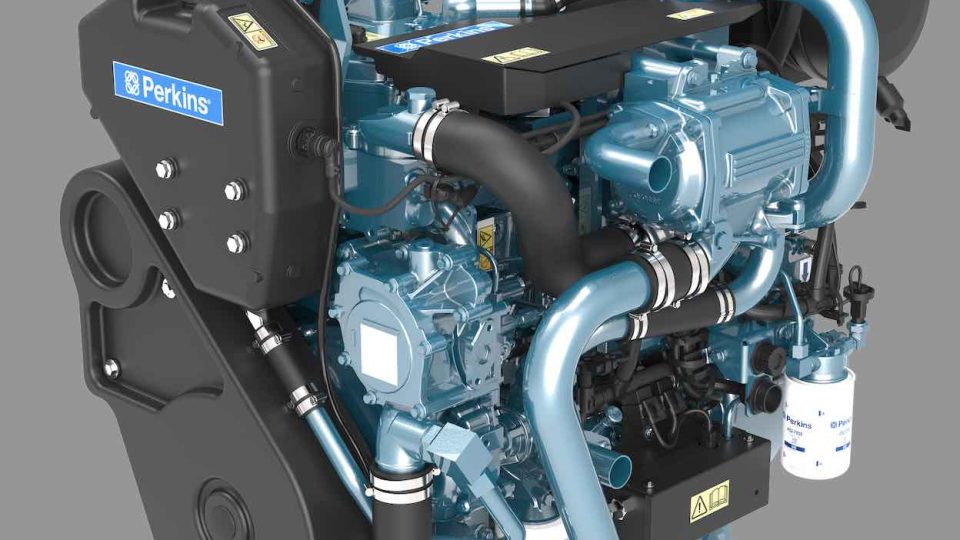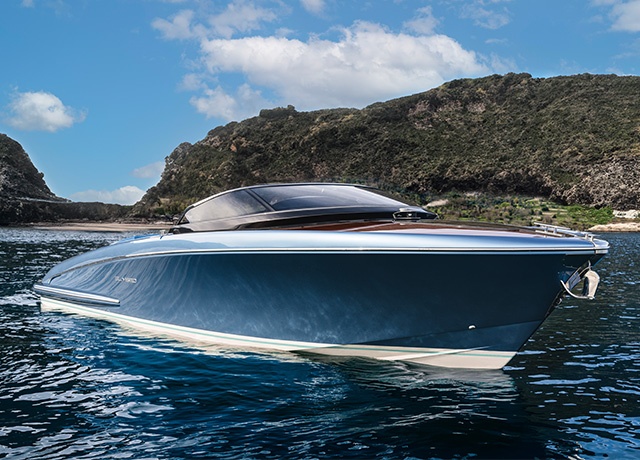The figures of Rolls-Royce: largest supplier to the German maritime industry
Rolls-Royce Power Systems and the MTU brand are a prominent example of a leading maritime supplier based in the German inland. Some 30% of the revenues, in fact, come from marine engines, marine propulsion systems, ship automation systems and services for yachts, ferries, supply ships, and governmental vessels. In 2018 alone, it generated sales to […]
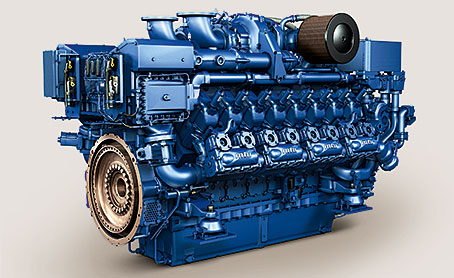
Rolls-Royce Power Systems and the MTU brand are a prominent example of a leading maritime supplier based in the German inland. Some 30% of the revenues, in fact, come from marine engines, marine propulsion systems, ship automation systems and services for yachts, ferries, supply ships, and governmental vessels. In 2018 alone, it generated sales to the order of 1.2 billion euros in marine applications. That makes Rolls-Royce Power Systems the largest supplier to the German maritime industry.
Andreas Schell, President and CEO of Rolls-Royce Power Systems, said: «We’re very aware of our defining role. Our current corporate strategy is named Power Systems 2030 and is all about our evolution from straightforward engine-maker to system solutions provider. Our green and high-tech program is part of this strategy, as is our strong focus on electrification, hybridization and digitalization – all of which is in perfect harmony with the ‘global, smart, green’ themes of the National Maritime Conference».
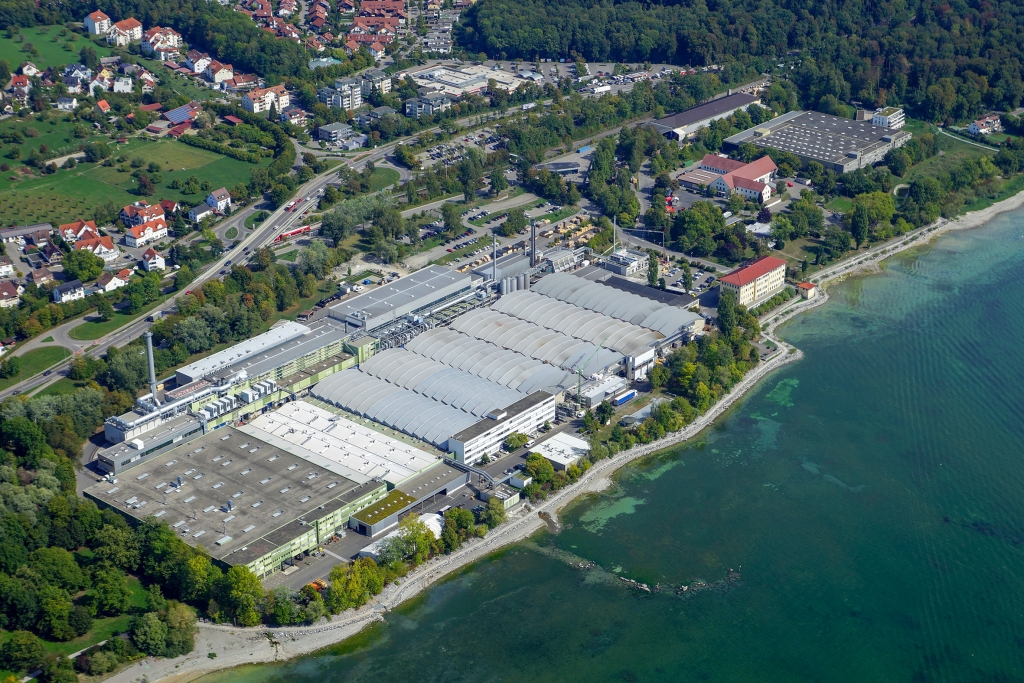
The Green and High-Tech program
Rolls-Royce Power Systems also has a Green and High-Tech program going on right now. The aim is the decarbonization of the drive system. Daniel Chatterjee director of the Green and High-Tech program, said: «We want to keep lowering C02 emissions from our drive and propulsion systems to make them as climate-neutral as possible». The effort is to reduce the output of pollutants such as particulates and nitric oxide by optimizing diesel fuel combustion and refining filter and catalytic convertor technology for diesel engines. At the same time, MTU’s very first mobile gas engines for marine applications will shortly be going into service on Lake Constance and in the Wadden Sea zone of the North Sea.
ROLLS-ROYCE IS PUSHING ON ELECTRIFICATION
Hybrids drive systems, digitalization and alternative fuels
MTU’s hybrid propulsion system for yachts and commercial vessels is scheduled to go into service in a yacht in 2020. The system combines diesel engines with electric motors and batteries. Digital technology for capturing, transmitting and analyzing operating data will also be present to optimize marine propulsion. Rolls-Royce Power Systems is also working on Methquest, a project supported by the German Ministry of Economic Affairs & Energy. The aim is to develop technologies that will enable methane-based fuels from renewables to be used in mobile and stationary applications and subsequently launched on the market.

The maritime market is a strategic pillar for Rolls-Royce
The maritime economy represents a major market for MTU engines. «Next to the stationary power generation systems that we deliver, another strategic pillar of our business are products and services for marine applications», added Andreas Schell. All marine engines built by MTU are supplied to customers across the globe. 90% of marine application products are exported directly or indirectly.
These engines have nominal speeds exceeding 1000 rpm and are suitable for all kinds of service on the world’s oceans. They operate on coastal shipping vessels, crew transfer ships serving offshore platforms, military vessels, high-speed ferries and yachts. MTU marine engines focus on achieving flexible power delivery, low fuel consumption, long service life and operational reliability.
Most MTU marine engines, capable of outputs from around 260 to 10,000 kW can be found in the high-speed ferries shuttling trucks, cars and passengers between the ports of Sicily and Malta, and in the tugboats that assist ocean-going giants within ports or stricken vessels out at sea.

